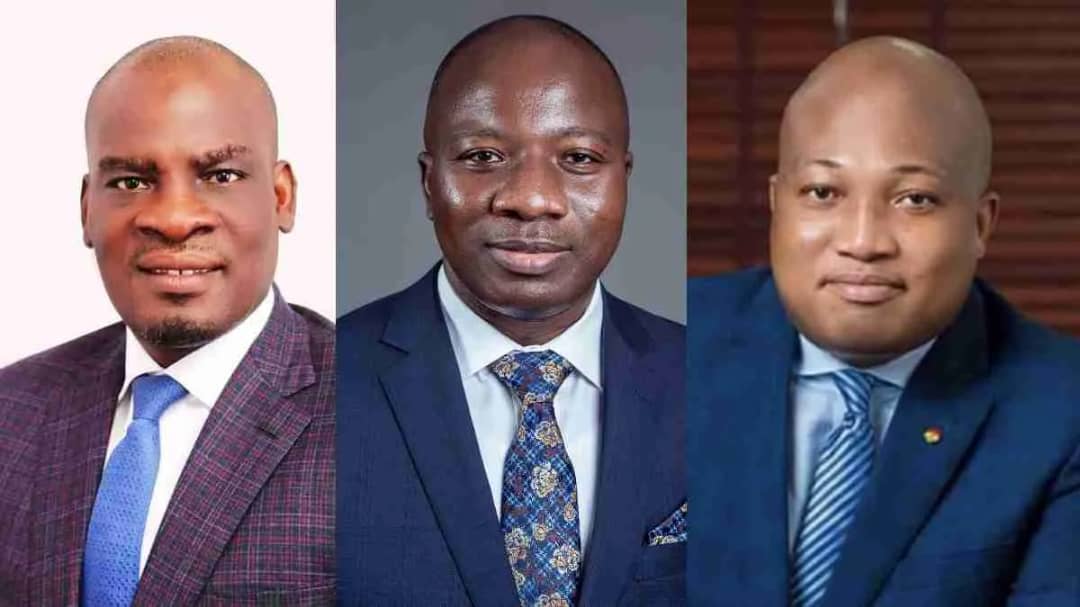Supreme Court's reasoning in dismissing injunction application against E-levy implementation
Supreme Court's reasoning in dismissing injunction application against E-levy implementation

The Minority Leader in Parliament, Haruna Idrissu and 2 other Minority Members of Parliament, Mahama Ayariga and Samuel Okudzeto Ablakwa had filed a writ at the Supreme Court pursuant to Article 129(4) of the 1992 Constitution, seeking an interlocutory injunction to restrain the Ghana Revenue Authority (GRA) from commencing with the implementation of the Electronic Transfer Levy on May 1, 2022, and or any other date, pending the determination of the substantive case.
The crux of their case according to the suit, “ Is that the passage of the Electronic Transfer Levy Bill, 2021 on the 29th day of March 2022 by the 136 or the purported 137 Members of Parliament of the Majority Caucus and the Independent Member of Parliament who was present in the Chamber of Parliament contravened Article 104(1) of the 1992 Constitution of Ghana.”
When the case for interlocutory injunction was called in Court today, May 4, 2022, the seven-member Supreme Court panel presided over by Justice Nene Amegatcher unanimously dismissed the same.
A particular issue of contention that emerged at the hearing regarded the exact number of Minority MPs who staged a walk-out during the passage of the Electronic Transfer Levy Bill, 2021.
The applicant per their affidavit in support of the motion had indicated that on the day of its passage, only 136 Majority MPs formed a quorum, while the Minority MPs staged a walk-out.
However, the Supreme Court was of the opinion that the applicants failed to indicate the exact number of Minority MPs who staged the walk-out.
Justice Gertrude Torkornoo especially, in quizzing the applicants’ Counsel on its failure to provide the above-mentioned, indicated that “a Court of Law is a place for forensic material, not a place for conversation.”
In addition, Justice Henrietta Mensa-Bonsu shared similar sentiments on the matter of the relevant number of Minority MPs who walked out before the vote. She also quizzed: “Did anybody take a headcount.?”
Moreover, the Court disagreed with the applicants on its claim that “irreparable harm would be occasioned to the millions of Ghanaians and all other persons in Ghana on the basis that if the Honourable Court nullifies the passage of the Electronic Transfer Levy Act, 2022(Act 1075), the Government of Ghana would not be in the position to reimburse all the money paid by the millions of citizens of Ghana and all other persons.”
Attorney-General Godfred Yeboah Dame on his part maintained his position that there were 266 MPs present on March 29, 2022, when the question was put on the floor of Parliament for the approval of the E-levy.
Also, he noted that the fact that the applicants are not even sure as to the exact number of MPs present in Parliament on that particular day is fatal to their case and shows they have no cause of action.
Additionally, the AG described the application as incompetent due to its factual uncertainties and said the applicants had failed to make out a case for the Supreme Court to grant an injunction.
Ruling
The Supreme Court based its ruling on five grounds.
- The nature of the reliefs sought.
- Greater inconvienice or irrepable harm. The Supreme Court ruled that there is a balancing of hardships thus the GRA cannot go back to collect the taxes if the substantive matter fails. And the GRA can do a refund should the substantive succeed.
- Nature of the legislation (Tax legislation).
- Whether the welfare of Ghanaians (public) is better protected either by granting the application or otherwise.
- Principle of presumption of regularity per section 37 (1) of the Evidence Act. The Court noted that official Acts of the states or governments for development is presumed to be regularly performed unless rebutted.
Further to the above, the Supreme Court ordered GRA to ensure that it keeps adequate records of the tax deducted to enable possible refunds should the substantive matter succeed.


